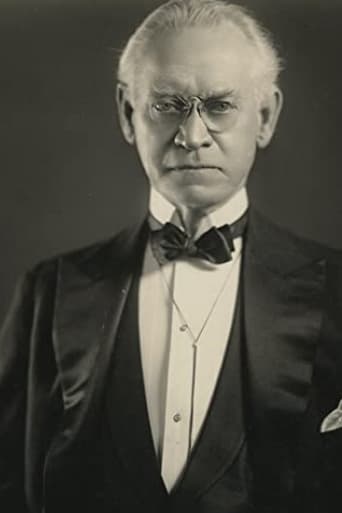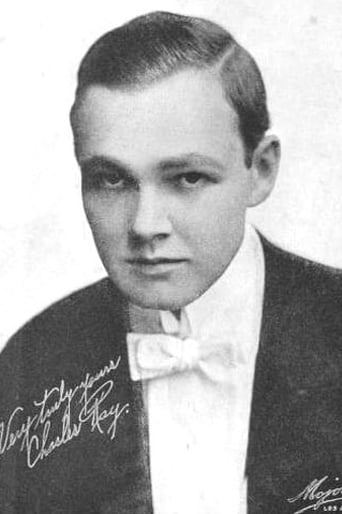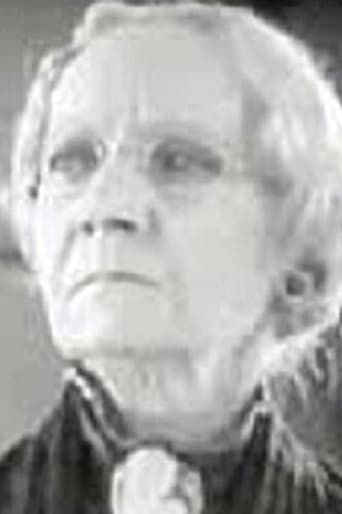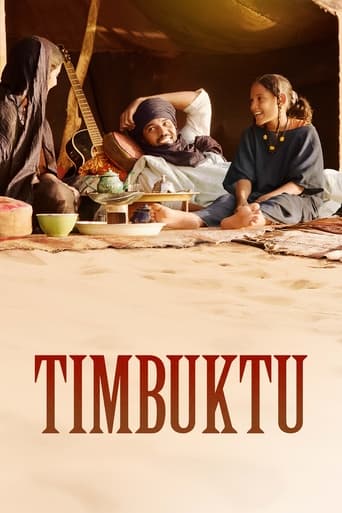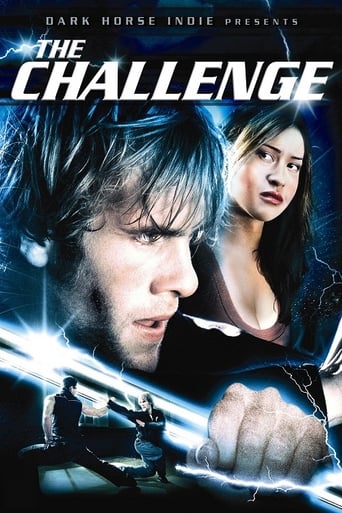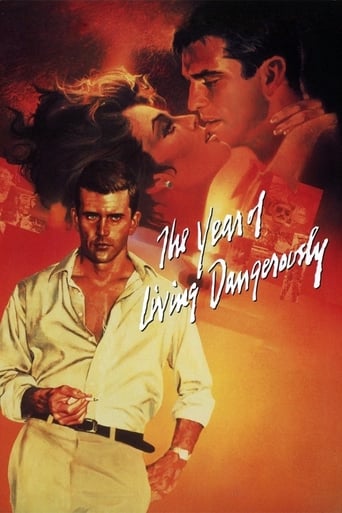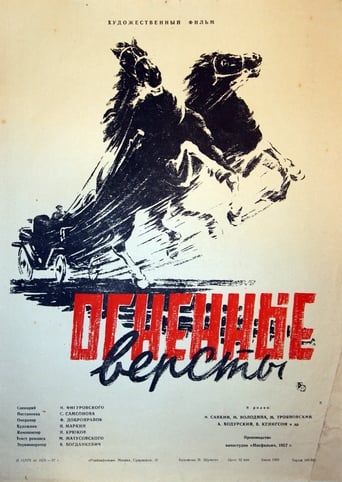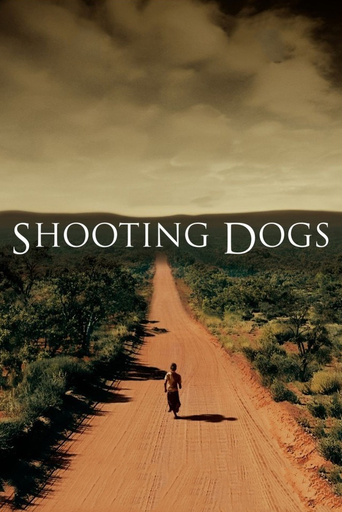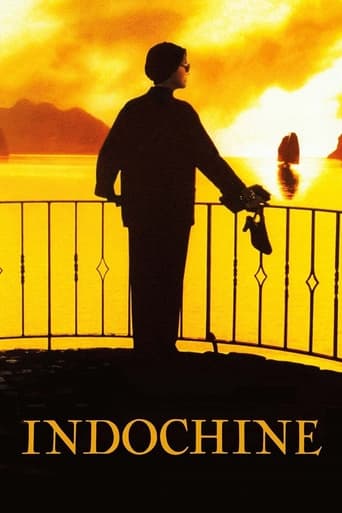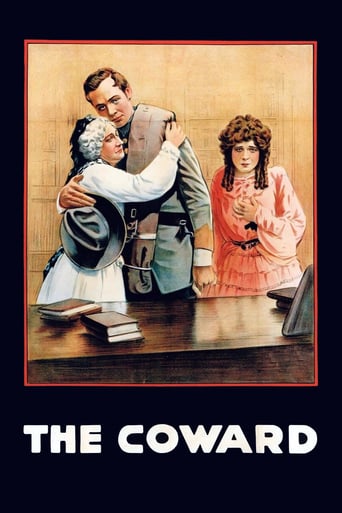

The Coward (1915)
Set during the American Civil War, Keenan stars as a Virginia colonel and Charles Ray as his weak-willed son. The son is forced, at gunpoint, by his father to enlist in the Confederate army. He is terrified by the war and deserts during a battle. The film focuses on the son's struggle to overcome his cowardice.
Watch Trailer
Cast
Similar titles
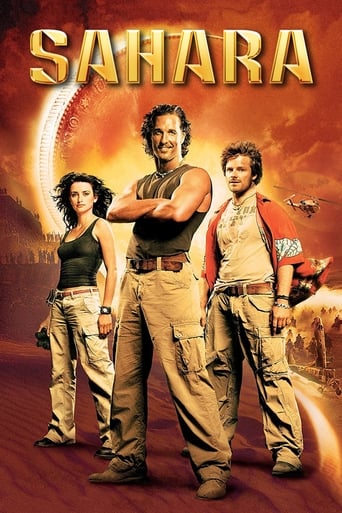
Reviews
One of my all time favorites.
Don't listen to the negative reviews
As Good As It Gets
Admirable film.
The first half of this Civil War story is very conventional stuff, in which in a wave of patriotic fervour - and to impress the chicks - the young men of Virginia head for the local enlistment point to join the Confederate army. Our hero Frank Winslow, however, promptly thinks better of it, sneaks off and returns home, only to be smartly marched back at gunpoint to enlist by his Pappy, retired Colonel Jefferson Beverly Winslow.So far so predictable; and told as stiffly as the spine of Colonel Winslow (who as played by Frank Keenan frequently resembles a tailor's dummy). But the film now starts to lighten up and even develop a funny bone. The rustlings in the undergrowth of the local wildlife during Junior's first night on guard duty spook him so much he drops his rifle and scarpers for home again, provoking Pappy into the incredible decision to take Junior's place in his regiment. Nobody in Junior's regiment notices that his father had replaced him; while at that moment by remarkable coincidence a bunch of brusque Yankee officers billet themselves on the Winslow estate, discuss their latest plan of attack loud enough for Junior hiding fearfully in the room above to overhear them and - galvanised by the knowledge that he holds the fate of his company in his hands - he finally find his mojo and leaps into action.Frank gets away from the house in a sight gag worthy of Keaton and - some pretty spectacular battle footage later - Father & Son are reunited, the Winslows' family honour is restored and the South is saved. For now.
I think a lot of the impact of this early silence feature film is lost today, but more about that later in the review. When it was released in 1915, attitudes about plot and drama were very different than today. Predictability was expected from movies and what we would consider over-acting was the norm. Also, having white folks run around in black face playing slaves was, unfortunately, pretty widely accepted. And so, by 1915 standards, this is an exceptional movie and one of the earliest full-length films ever made. I think it is a lot better than its much-admired contemporary, BIRTH OF A NATION--which is ponderously long and one of the most racist films made in America. Unfortunately for the makers of this film, people in 1915 preferred BIRTH OF A NATION and it went on to make a ton of money and was hailed as one of the greatest films ever made. That's really a shame, because there are some exceptional aspects to this film that have been overlooked. In particular, the costumes and battle sequences are excellent (though not quite as grand as those in BIRTH OF A NATION) and the story, though very simplistic and predictable, is still compelling. And, its use of two white folks in black makeup, though appalling, is not nearly as offensive as about 90% of the other film.Now, as for today's audiences, the plot is very very dusty to say the least. Having the son be afraid of war and deserting was excellent, but the contrived way that his own father accidentally shoots and kills him in battle is so over-the-top dramatically (though not in its day). BUT, it is STILL worth seeing for its historical value. Not a great or memorable film, but one of the most watchable of the early feature-length films.
At most, this might lead you to appreciate the watershed brilliance of "The Birth of a Nation". Another 1915 feature-length film set during the American Civil War, "The Coward" is an isolated melodrama, in lieu of scope or scale, with only one or two comparatively small skirmishes, affecting, in whole, neither interest or controversy. Most similar between the two films is probably their theatricality--the staginess of camera placement and missing walls, the way of storytelling and the histrionic acting. There are a few rather nice looking shots in this film, actually, but the entire picture is poorly crafted and choppy at times. The story of a father forcing his coward son at gunpoint to enlist for the Confederate army--and so on--is forgettable. Perhaps suitable on stage, Frank Keenan's rigor mortis stances and facial contouring are so out of place its laughable. Poor commemoration for Ince.(Note: The print I saw is in poor shape in parts--possibly causing some of the choppiness.)
The DVD "Civil War Films of the Silent Era" has three Thomas Ince productions on it-- the highly successful 1915 feature The Coward, starring Charles Ray and Frank Keenan (Keenan Wynn's grandfather, incidentally, and at times you can definitely tell), plus two shorts from 1913, Granddad and The Drummer of the 8th. The former is directed by Reginald Barker, who I daresay is the only director most of us could associate with Triangle (he directed The Italian, Civilization, several Hart westerns, etc.)It's pretty tough not to compare a 1915 film about the South to a certain D.W. Griffith film, and on the evidence Barker was highly capable and in some ways more fluid in his storytelling than Griffith, but didn't have Griffith's eye for the iconic actorly gesture that summed up character in a flash. There's nothing flashy about the on-screen agonizing that represents the delineation of character here, which is well acted for the period but takes literally a third of the movie to get across a fairly simple setup-- Dad (Keenan) is a proud Suthanah and gennelmun, Son (Ray) is a weakling who runs away from the enlisting office, and Dad orders Son to sign up and remembah that he is a Winslow, suh. There's a lot of knuckle-biting to get to that point.Once Ray deserts the movie picks up noticeably, and the action scenes are very nicely handled-- the manner in which Ray eludes capture in his own house is ingenious and nicely in character for someone who was a boy in the home, for instance. Watching it there are enough echoes of The General-- the enlistment opening, spying from beneath a table, etc.-- that you have to think that Keaton was drawing on memories of it, even if unconsciously. The battle scenes are fairly brief but impressively scaled (especially next to those in the shorts-- it's much like the difference in scale between the battle in The Battle of Elderbush Gulch and The Birth).But perhaps most interesting is what's missing-- The Birth's racial attitudes. This is much closer to Gone With the Wind's benevolent-paternalist view of master-slave relations, and while a definite air of Old South nostalgia/apologia fills the film, it feels right, for instance, that when Ray first sneaks into his home as a deserter, it's the servants who probably really raised him who take him in and try to ease the discovery of his action by his parents. (Of course, they may also have approved of desertion from the Confederate army...)
